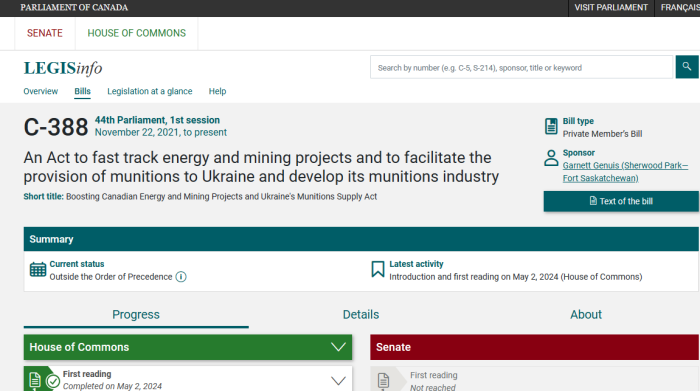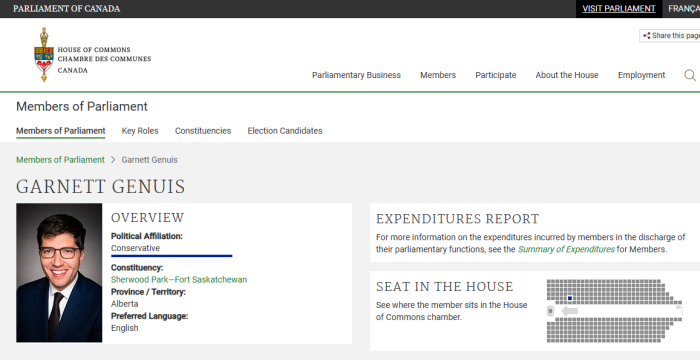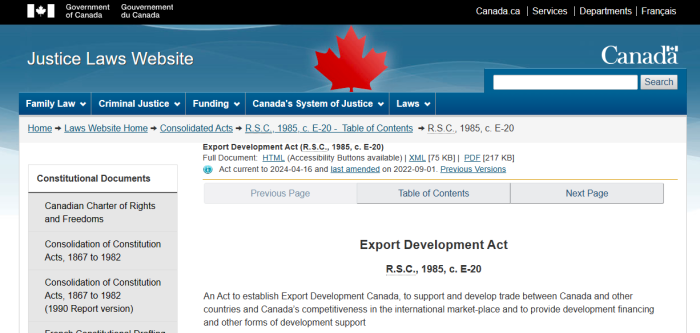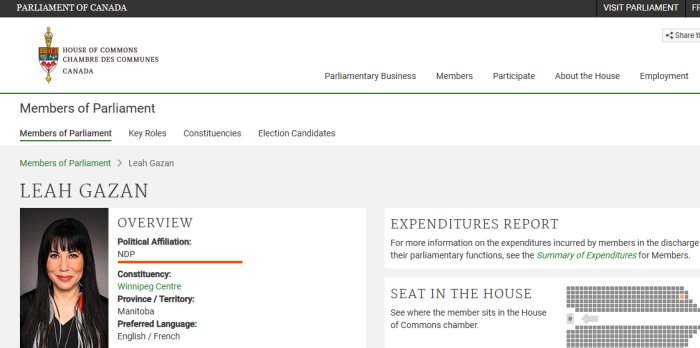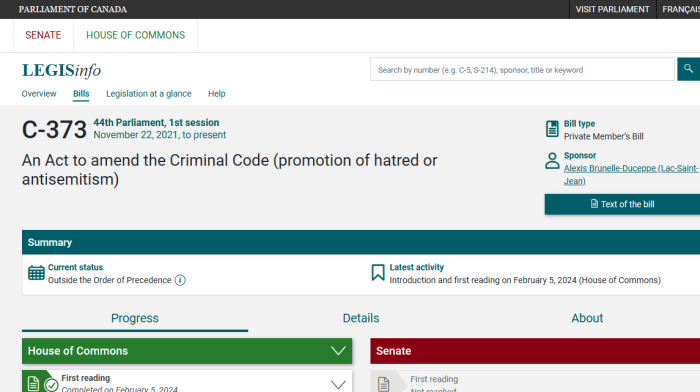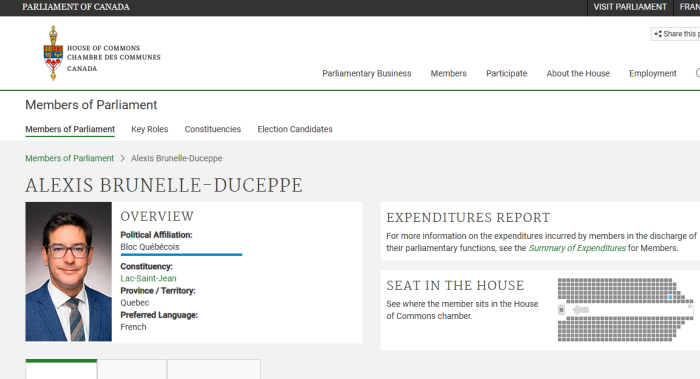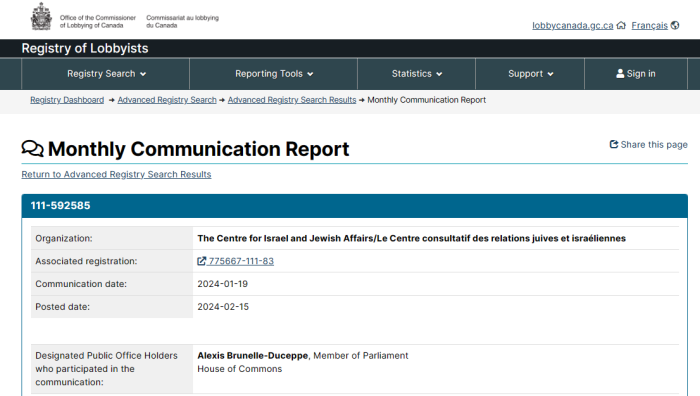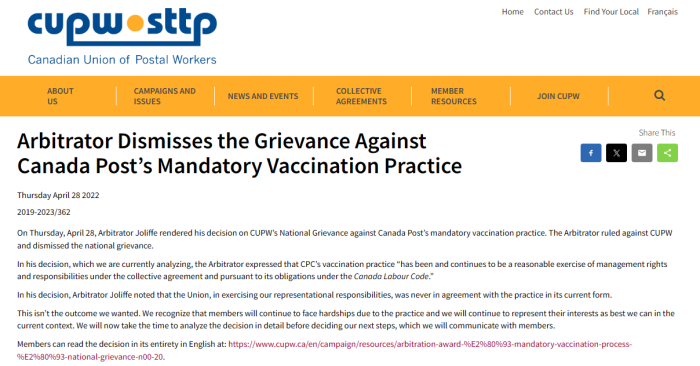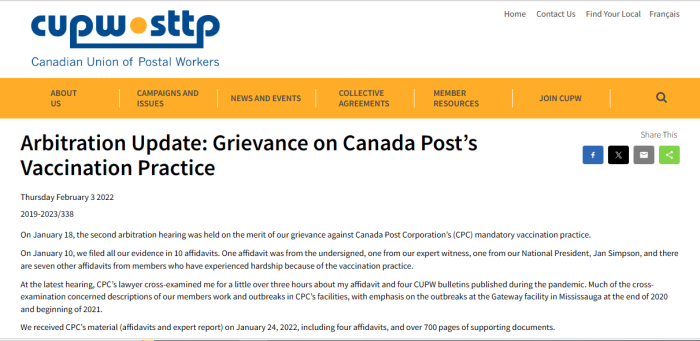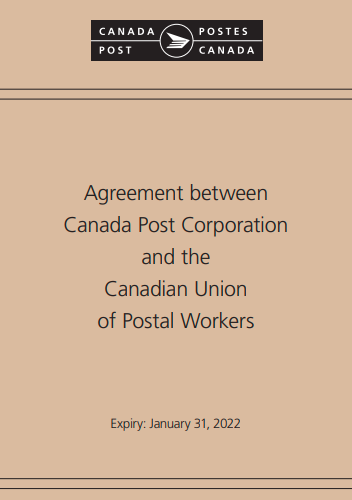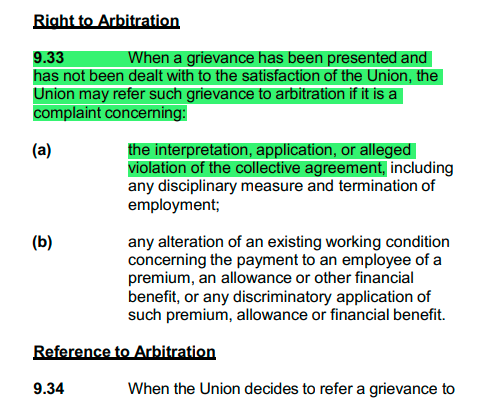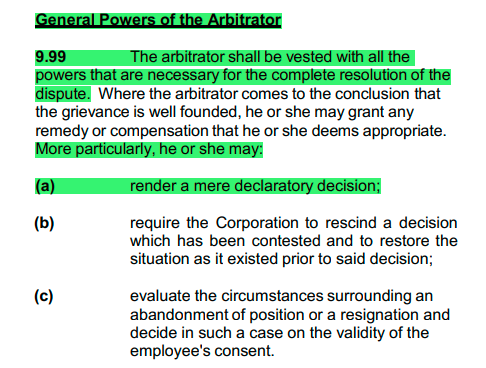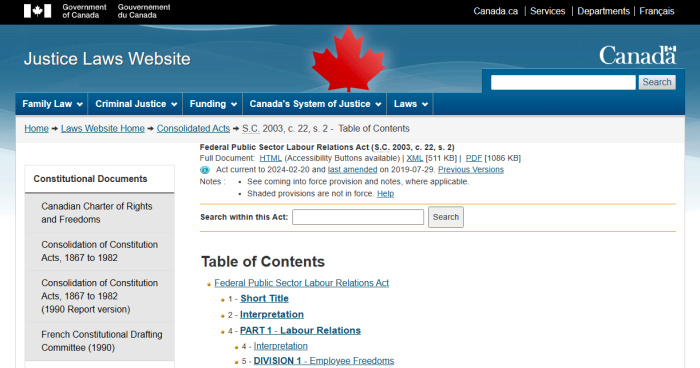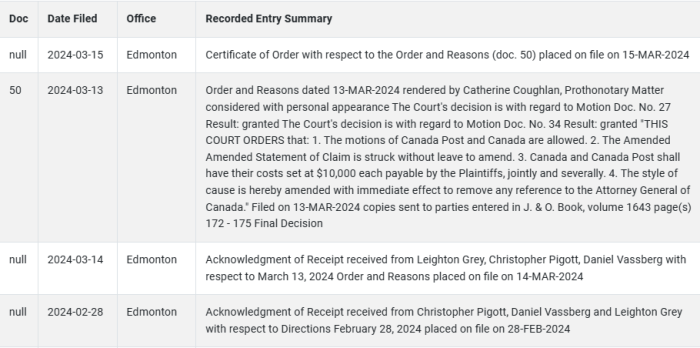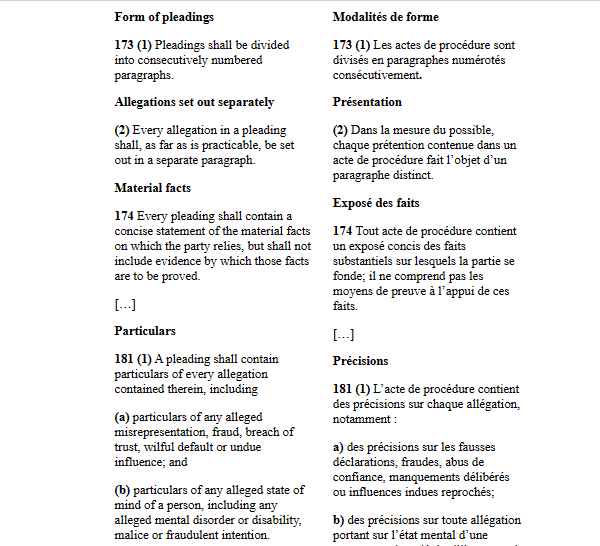
The British Columbia Supreme Court dismissed 3 Petitions challenging a requirement that health care workers (HCW) still have to take the clot-shots to keep their jobs.
There was one small victory though. The Public Health Office is to review the requirement that remote workers have to get the shots. This would also apply to others who don’t come into any contact with patients, residents or clients. The reasons for that start on paragraph 210 of the ruling.
It doesn’t necessarily mean that remote workers or workers who don’t come into contact with others will be exempt from the injection orders. It simply means that it must be reconsidered.
[315] The petitions are dismissed, with the exception that, under JRPA s. 5(1), I remit to the PHO for reconsideration, in light of this decision, whether to consider requests under s. 43 of the PHA, for reconsideration of the vaccination requirement from healthcare workers able to perform their roles remotely, or in-person but without contact with patients, residents, clients or the frontline workers who care for them.
What percentage would this apply to?
These cases were financed by a group called CSSEM, the Canadian Society for Science & Ethics in Medicine. On their website, they take credit for raising $530,000 to date. There’s overlap with the people running this group, and those who had campaigned for Action4Canada.
Whether coincidental or by design, the name is strikingly similar to CSASPP, the Canadian Society for the Advancement of Science in Public Policy. Both groups have the same goals. Was this done to piggyback off of their fundraising?
Hsiang et al v. Provincial Health Officer of British Columbia SCBC Vancouver Registry No. S224731
Hoogerbrug v. Provincial Health Officer of British Columbia SCBC Vancouver Registry No. S224652
CSASPP et al v. Dr. Bonnie Henry in her capacity as Provincial Health Officer for the Province of British Columbia SCBC Vancouver Registry No. S2110229
Tatlock et al v. Attorney General for the Province of British Columbia et al.SCBC Vancouver Registry No. S22242
Previously, there were 4 Petitions to be heard together, but CSASPP discontinued, after advising that it would be the case.
From the looks of their website, CSSEM is still funding the other 3 cases. While they weren’t anywhere near the dumpster fire that the Action4Canada one is, there are several problems which led to them being dismissed anyway:
- Petitions don’t challenge the “emergency” declarations in any meaningful way
- Petitions don’t challenge the junk “science”
- Petitions don’t challenge the Public Health Act
- Petitions should probably have been done as Civil Claims
Instead, the Petitions largely focus on narrow exemptions under the Canadian Charter. It’s a “cookie-cutter” challenge that’s been seen many times — including from the JCCF — and never goes anywhere. Seriously, it cost over half a million dollars for this?
26. The Petitioners seek the following orders under sections 2(2) and 7 of the Judicial Review
Procedure Act, RSBC 1996, c 241:
.
a. An order in the nature of certiorari quashing and setting aside the order of the Provincial Health Officer, dated November 18, 2021, entitled “Hospital and Community (Health Care and Other Services) Covid-19 Vaccination Status Information and Preventive Measures – November 18, 2021” (“Order”), to the extent that it requires individuals to have received the SARS-CoV-2 vaccination in order to work in hospital and designated community settings;
b. A declaration that the decision to continue in effect, or the failure or refusal to rescind, the November 18 Order, at any time after November 18, 2021, in response to the Petitioner’s requests or otherwise, is unreasonable and ultra vires, as there is not presently a reasonable basis for the exercise of emergency powers under the Public Health Act, SBC 2008, c 28, and the vaccination mandate is not a reasonable or effective way to address the spread of SARS-CoV-2;
c. In addition or in the alternative, a declaration that there is no reasonable basis to refuse or decline or neglect to issue notice under section 59 of the Public Health Act “that the emergency has passed”, and to follow the specified steps required under section 60 of the Public Health Act, including rescission of the November 18 Order;
d. Such other relief as the Court deems warranted and just; and
e. Costs of the Petition.
This is the Relief sought in the Hsiang Petition. As is obvious, there’s no challenge to the Public Health Act, the legislative structure that allowed this in the first place. Nor does it ask for a declaration that there was never any emergency at all — just that there currently isn’t one.
The test on a Judicial Review typically is “reasonableness”. Since all major facts are conceded, there isn’t much to argue over. In the ruling, Justice Coval simply “defers” to the expertise of Bonnie Henry and the Public Health Office.
1. Petitions Don’t Challenge Emergency Declarations
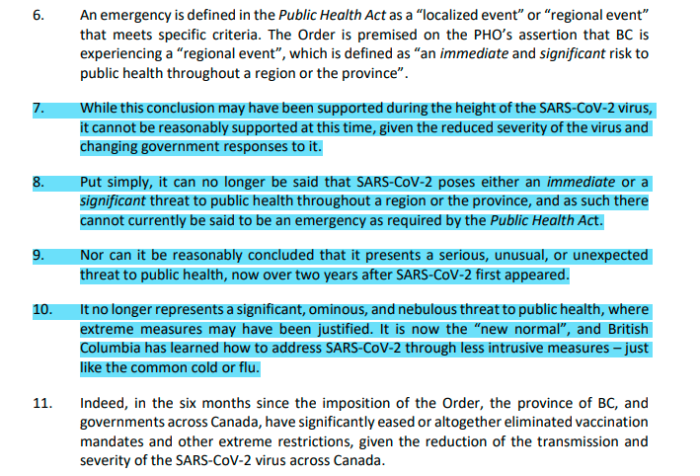
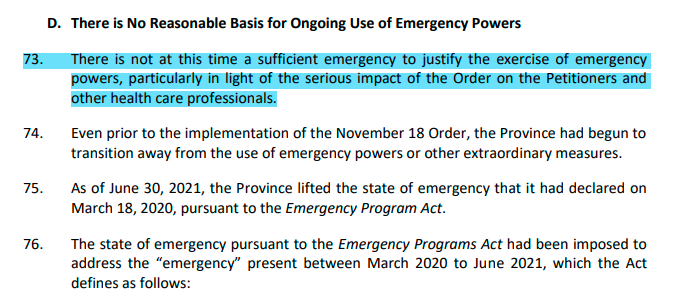
Looking at the Hsiang, Morgan and Vandergugten Petition, there are already serious problems. The Petition argues that there currently isn’t an emergency, and that there is no longer a need for restrictions on people’s liberties and livelihoods.
Instead of that taking that there never was a need, and hence the measures were overblown, the document claims that it doesn’t apply now. It tacitly admits that such regulations may have been entirely reasonable and necessary at earlier dates.
This was certainly noticed by Justice Coval.
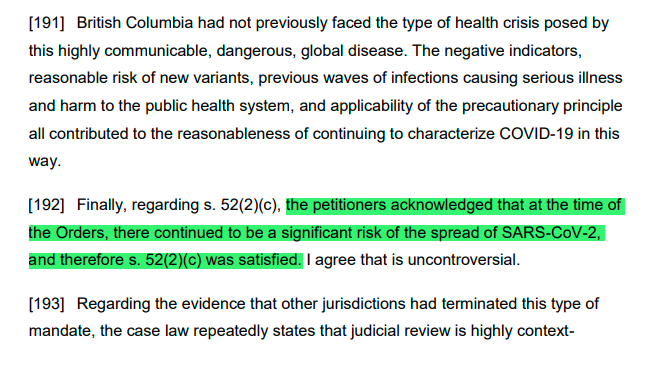
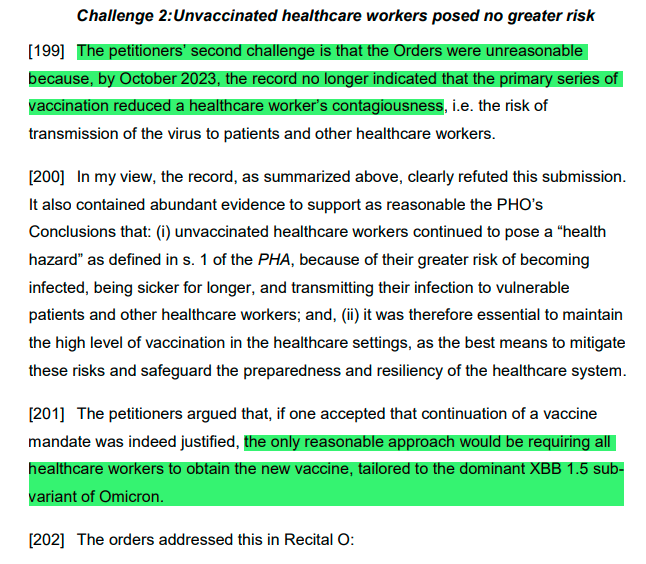
When the starting position is that there used to be a significant risk of spreading this (alleged) virus, you’ve already lost.
2. Petitions Don’t Challenge Junk Science
Apparently, the people challenging the injection mandate also “trust the science”. By this, there’s no effort to challenge any of the extensive lies and distortion that has come out the last few years. Admittedly, Petitions aren’t designed to be deep dives. However, these ones take almost everything the B.C. Government takes at face value.
Here’s an easy one: what’s the definition of a “Covid death“?
3. Petitions Don’t Challenge Public Health Act
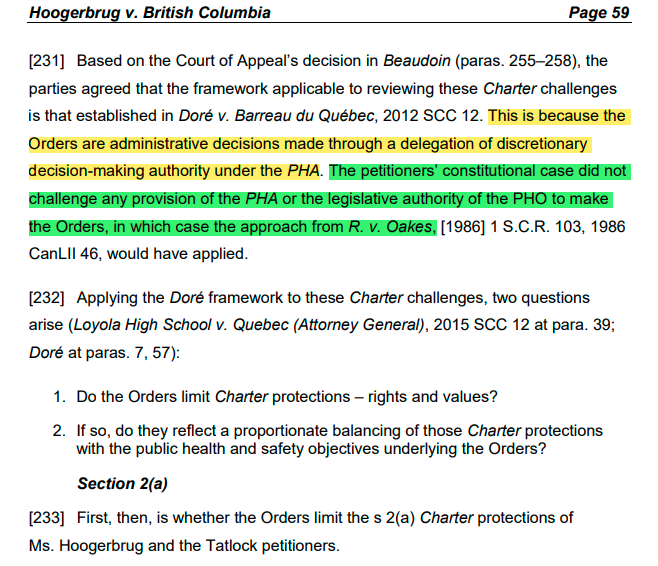
This is yet another area that’s mind boggling. The Petitioners didn’t challenge any (or all) of the B.C. Public Health Act. This is the legislation that made all of this possible.
Instead, the lawyers are reduced to essentially arguing for exemptions within the framework of the PHA itself. This would have been a perfect time for a full attack on the PHA, but that didn’t happen.
(A) World Health Organization Constitution legally binding on member
(B) International Health Regulations are legally binding on WHO members
(C) Canada’s Bill C-12 (2005 Quarantine Act) was written by WHO
(D) Provincial Health Acts are extension of WHO-IHR
(E) Public Health Agency of Canada a de-facto branch of World Health Organization
There’s a wealth of information available on this. Instead of pursuing exemptions within the Charter, shouldn’t lawyers be asking by the World Health Organization is drafting our laws?
4. Petitions Should Have Been Filed As Civil Claims?
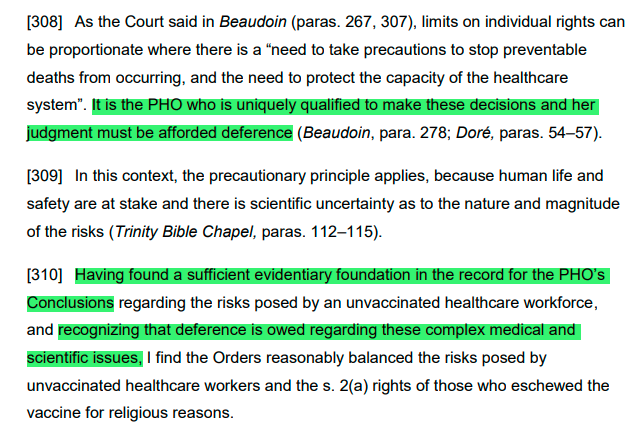
Although the names vary by jurisdiction, there are different ways a person can start a Court process. This matters as it appears the CSSEM chose the wrong one.
The most well known method is by “Action”. It’s starting by filing a Statement of Claim, or a Notice of Civil Claim, as it’s called in B.C. It also has a few other names. These can be extremely simple, or they can be very complex, depending on the circumstances.
A lesser known method is by “Judicial Review”. This is when someone goes to Court to challenge an Order from some branch of Government, or Government Official, or Crown Corporation. These are meant to be a more streamlined process than Actions.
Petitions aren’t meant to be a deep dive into the science. They’re designed as reviews of whether or not decisions are reasonable. Considering what isn’t being challenged above, the outcome was inevitable.
| JURISDICTION | ACTION | JUDICIAL REVIEW | STEPS TAKEN |
|---|---|---|---|
| Federal | Statement Of Claim | Application | Motion |
| Ontario | Statement Of Claim | Application | Motion |
| British Columbia | Notice Of Civil Claim | Petition | Application |
On the surface, a Petition appears to be the correct method. After all, these were challenges to specific orders from Bonnie Henry. However, things like discovery aren’t permitted here. They’re meant for Actions. The Hsiang and Hoogerbrug Petitioners attempted to augment (add to) their evidence the following:
- Any and all documents relating to the incidence of COVID infections, transmission and serious illness, as well as hospitalization and death attributable to COVID, broken down by vaccination status and number of doses and age, since the emergence of the Omicron variants.
- Any and all documents that support the comments made by the PHO in a media conference on January 21, 2022, during which the PHO stated that the provincial government’s approach to the COVID virus has shifted to be “much like how we manage other respiratory illnesses – influenza, or RSV (respiratory syncytial virus), or enteroviruses that cause the common cold”, including documents from January 2022 to September 12, 2022 that support this statement.
- Any and all documents relating to the measures put in place to prevent infection and transmission of influenza and other respiratory illnesses, other than COVID, at hospitals and community health care facilities from 2009-2019.
- Any and all documents relating to the relative effectiveness of the primary course of vaccination: In preventing people from contracting and transmitting COVID, since emergence of the Omicron variants; and compared to infection acquired immunity without vaccination with respect to preventing infection, transmission and serious illness, BC and other jurisdictions about vaccine mandates.
- Any and all documents relating to the prevalence or estimated prevalence of infection and/or infection-acquired immunity in the provincial population.
- All documents related to the consideration given to the two publicly available letters to UBC President & Vice-President Chancellor, Dr. Santa Ono, from the Vancouver Coastal Health Chief Medical Officer, Dr. Patricia Daly et al, dated February 16, 2022, and the and the UBC Faculty professors Dr. David Patrick, Dr. Sarah (Sally) Otto, and Dr. Daniel Coombs, dated February 20, 2022
- All documents relating to the decision to permit unvaccinated individuals with a medical exemption to continue working at hospitals and community health care facilities, but not extending the same opportunity to unvaccinated persons with valid religious reasons for not being vaccinated
- All documents relating to the measures put in place for those working at hospitals and community health care facilities with a medical exemption
- Any and all documents relating to the effectiveness of measures other than vaccination in preventing the transmission of COVID at hospitals and community health care facilities, including, but not limited to, measures such as the use of personal protective equipment, hygiene policies, and daily or less frequent testing
- All documents relating to the transmission of COVID by registered health professionals at hospitals and community health care facilities to patients and vice versa, including by vaccination status
- All documents relating to the transmission of COVID at hospitals and community health care facilities by persons who are not subject to the vaccination mandate
It would have taken weeks or months to get all of this information together.
In fairness, CSASPP also tried to add evidence to their existing record. However, it was nowhere near what’s been listed above. Petitions are designed to be simple and straightforward, not the fact finding mission that’s being requested here.
CSASPP discontinued their Petition in 2023. In their status updates here and here, they blame lawyer Peter Gall (Hsiang and Hoogerbrug Petitions) for endless delays. If done in bad faith — and who knows — it would amount to hijacking the other challenges. The protracted nature of these cases merits a piece all on its own.
The Attorney General’s Office wasn’t happy about attempts to greatly expand the scope of the Petitions.
This isn’t quite as absurd as Action4Canada appealing a decision to strike their Claim, as opposed to simply rewriting it. But it’s still pretty bad.
But in the end, what was really challenged?
The (remaining) Petitioners don’t seem to have an issue with: (a) an emergency being declared at all; (b) the completely fraudulent science going unchecked; and (c) the B.C. Public Health Act. All that’s left is whether or not health care workers still have to get the shots under the current order.
If these suits were supposed to involve many procedural steps, such as discovery, then they should have been Civil Claims, not Petitions.
An interesting Twitter thread covering this case came from Peyman Askari. He breaks down other parts of the ruling quite well.
Administrative staff who work remotely, or who have no contact with patients, may get a reprieve in all of this. That said, this is nowhere near all of the health care workers in the Province.
Now, there will very likely be an Appeal. But what exactly would they argue?
(1) https://www.cssem.org/
(2) https://www.cssem.org/donate
(3) CSSEM Petition To The Court
(4) CSSEM Notice Of Assignment Justice Coval Assigned
(5) CSSEM Memorandum Justice Coval Will Hear All Petitions Together
(6) CSSEM Affidavit #3 Of Sophie Harney
(7) CSSEM Affidavit #4 of Sophie Harney
(8) CSSEM Gall’s Requisition To Set JMC For 19 Oct 2022
(9) CSSEM Peter Gall Disputes Record With Crown
(10) CSSEM Peter Gall’s Cover Letter For His Application
(11) CSSEM Gall Writes AG Regarding Further Amended Petitions
(12) CSSEM AG Writes Peter Gall To Advise His Proposed Amendments Are Convoluted
(13) CSSEM CSASPP Petitioner Advises Of Discontinuance
(14) CSSEM CSASPP Notice Of Discontinuance
(15) CSSEM Peter Gall’s Written Submissions For CPC Regarding Another Adjournment
(16) CSSEM Corrected Reasons Dismissing Peter Gall’s Application To Augment Record
(17) CSSEM CanLII Version Reasons For Decision (Augmenting Record)
(18) CSSEM Reasons For Decision (Dismissal)
COURT SERVICES ONLINE UPDATES:
(1) CSSEM Procedural Updates 01
(2) CSSEM Procedural Updates 02
(3) CSSEM Procedural Updates 03
(4) CSSEM Procedural Updates 04
CSSEM DOCUMENTS:
(1) CSSEM Applicants For Incorporation
(2) CSSEM Certificate Of Incorporation
(3) CSSEM Constitution
(4) CSSEM Incorporation Application
(5) CSSEM Model Bylaws
(6) CSSEM Statement Of Directors And Registered Office
CSASPP STATUS UPDATES:
(1) https://www.covidconstitutionalchallengebc.ca/status-updates#20221116
(2) https://www.covidconstitutionalchallengebc.ca/status-updates#20230301
(3) https://www.covidconstitutionalchallengebc.ca/status-updates#20230608

